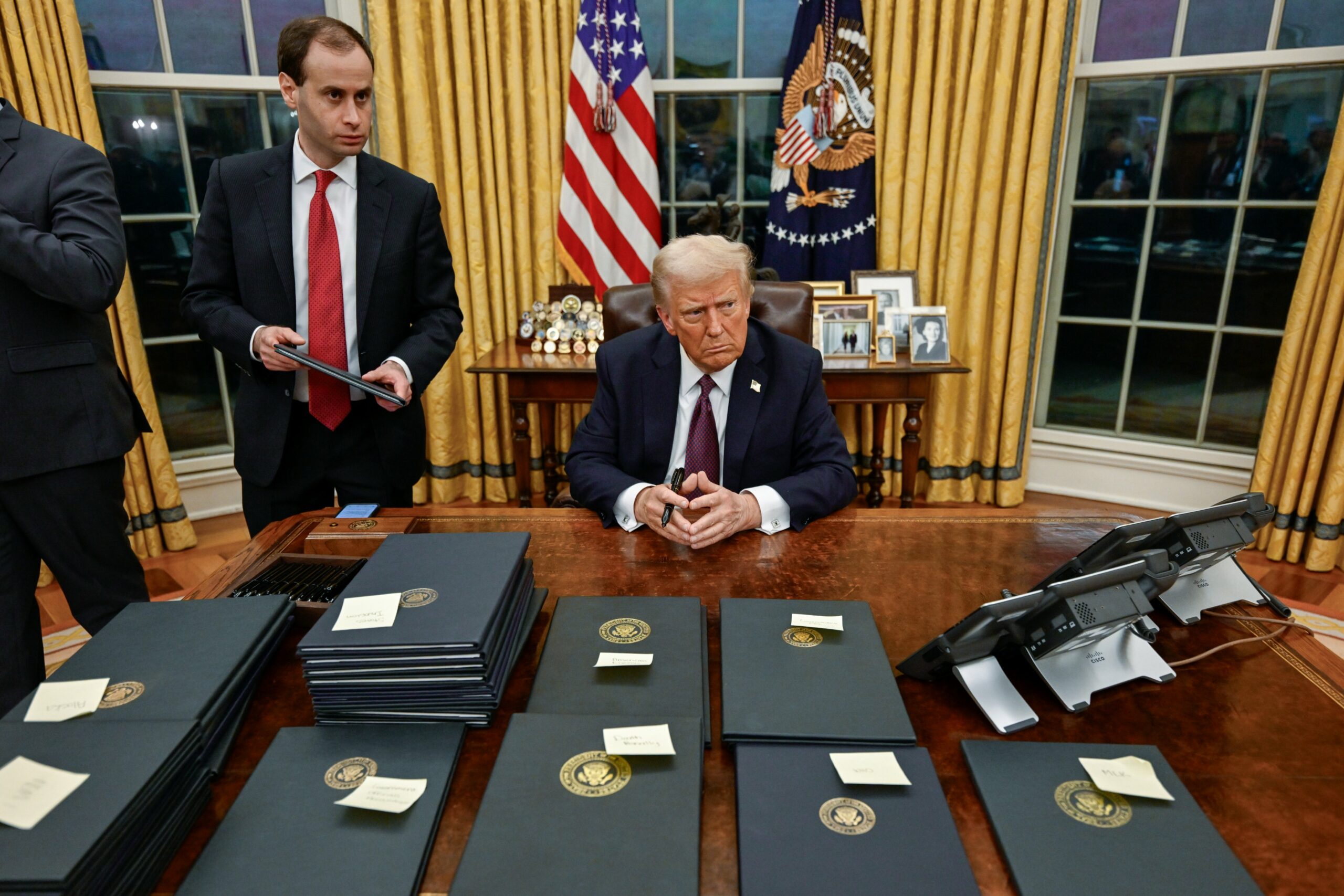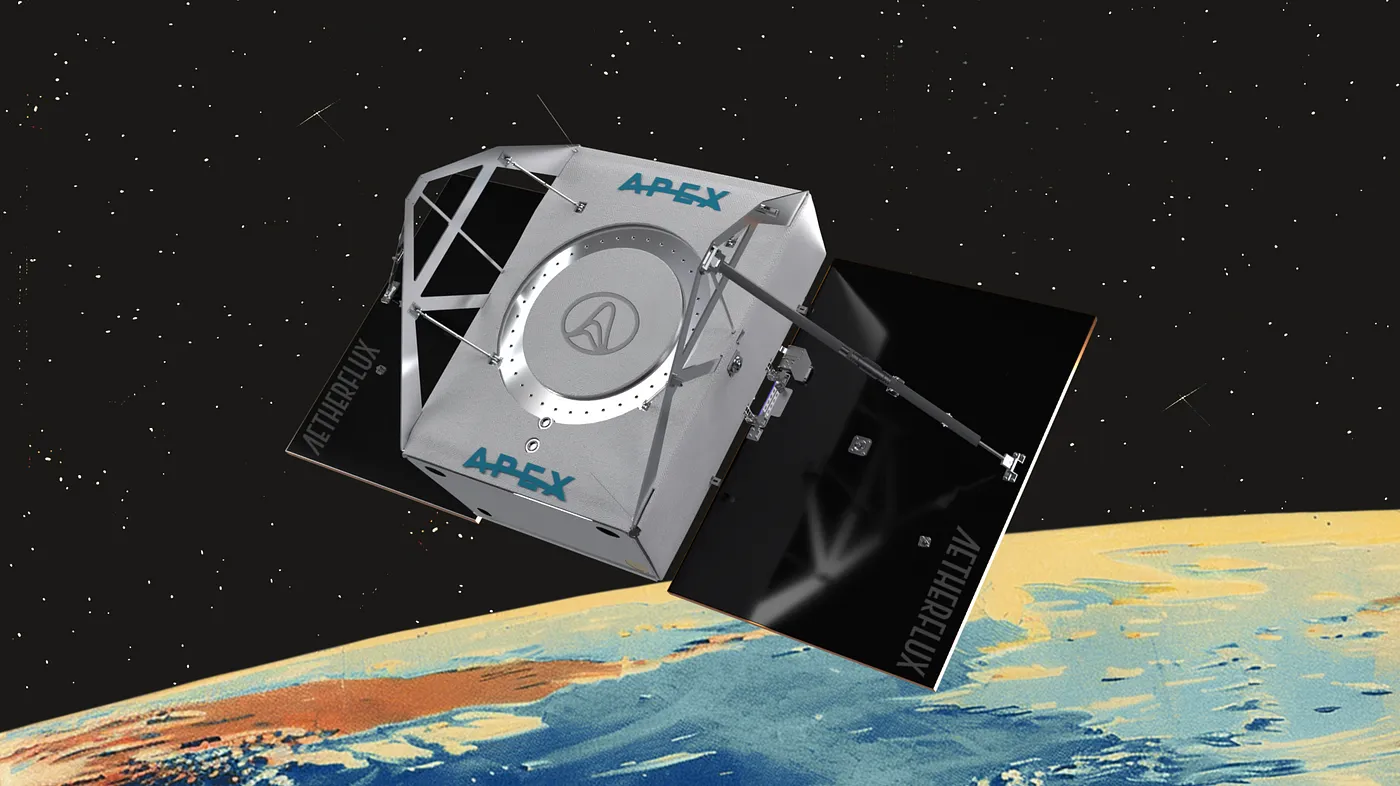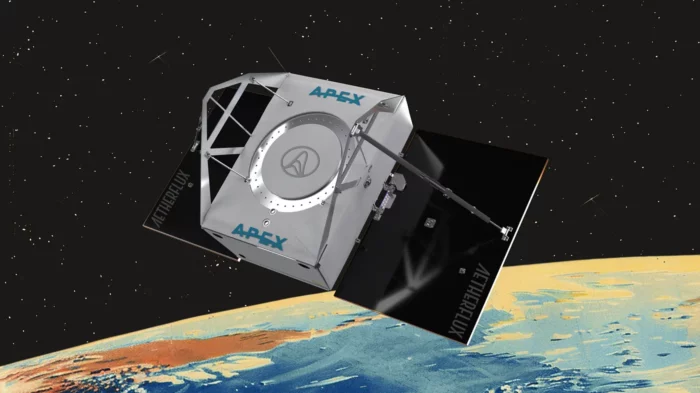The new Trump administration is expected to make big changes, with many executive orders already being made in his first week as the 47th president of the United States. Many of these changes are set to impact the space tech sector, with particular attention paid to NASA’s missions and the role of private companies like SpaceX. As policy shifts and leadership changes unfold, several key aspects of U.S. space policy will likely undergo transformation, which could have lasting impacts on the space tech industry.
Here are just a few changes that have already been made and some that are imminently expected.
Leadership Changes at NASA
Jared Isaacman, a billionaire with strong ties to SpaceX, has been nominated to lead the agency. His selection is notable because of his deep involvement in the private space sector. Isaacman is not only a customer of SpaceX but also the financier of private space missions, including the Inspiration4 mission, which saw the first all-civilian crew launched into orbit. If confirmed by the Senate, Isaacman will succeed outgoing NASA Administrator Bill Nelson, a former senator and astronaut.
Isaacman’s appointment could also signal a shift in NASA’s operational focus, from a more traditional government-run space agency to one that increasingly relies on commercial partnerships. Under this approach, NASA could play a more supportive role, funding and guiding private companies rather than directly running space missions.

Reassessing the Artemis Program
The Artemis program, which is central to NASA’s goal of returning astronauts to the Moon, may face significant changes in the coming years. Originally designed as a multi-billion-dollar initiative to send astronauts back to the lunar surface by 2024, Artemis has already experienced delays and cost overruns, primarily due to issues with the Space Launch System (SLS) rocket and the Orion spacecraft.
Elon Musk, a vocal critic of the Artemis program, has proposed that the U.S. skip lunar exploration altogether in favor of focusing on Mars. He has argued that the Moon represents a distraction from the larger goal of sending humans to Mars. Musk’s influence over the Trump administration, coupled with his company SpaceX’s central role in the Artemis program (with the Starship spacecraft designated as the lunar lander), makes it likely that the administration could either scale back Artemis or cancel it entirely in favor of a more Mars-focused agenda.
The Trump administration’s strong ties to the private space sector, particularly SpaceX, suggests that the future of Artemis may depend more on commercial ventures rather than NASA’s traditional approach. Musk’s vision for a Mars-first space exploration strategy may align more with the goals of the new administration, particularly given the massive potential for private industry to take the lead.
Prioritizing Mars Exploration
While NASA’s lunar ambitions may be in flux, Mars exploration is poised to take center stage under the new administration. During his campaign, President Trump promised to send American astronauts to Mars, an ambition that aligns closely with Elon Musk’s vision for human settlement on the Red Planet. SpaceX’s Starship, which is currently under development, is the cornerstone of these Mars ambitions, with Musk targeting an uncrewed mission to Mars as early as 2026.
Musk has set ambitious timelines, including the goal of sending Starships to Mars to test the spacecraft’s re-entry and landing capabilities. If successful, the first crewed mission could follow in 2028. While these timelines are aggressive, the Trump administration’s support for Musk’s vision could accelerate the commercialization of space travel and the development of technologies necessary for long-duration space missions.
One of the key factors that could shape the future of Mars exploration is the growing role of private companies like SpaceX. The Trump administration’s more relaxed regulatory approach could encourage the commercial sector to lead the charge in Mars exploration, rather than relying on government-run space programs. This represents a significant shift from previous administrations, which placed NASA at the forefront of human space exploration efforts.
National Space Council: Will It Stay or Go?
The future of the National Space Council also hangs in the balance. Originally revived under Trump’s first administration, the council was instrumental in pushing forward space policy initiatives like the creation of the U.S. Space Force and the Artemis program. However, the new administration appears to be considering the council’s dissolution. According to reports, SpaceX’s lobbyists have suggested that the council is inefficient and unnecessary, and some sources indicate that Trump’s team may look to disband it as part of broader efforts to reduce federal bureaucracy.
If the National Space Council is axed, the Trump administration would likely shift the focus to more industry-driven space policies, further empowering companies like SpaceX to shape U.S. space policy. SpaceX’s growing influence, particularly in deep space missions like Mars, could lead to a more streamlined approach to space exploration, where government oversight takes a backseat to commercial innovation.
The Impact on Space Tech Startups and Commercial Space Companies
The Trump administration’s stance on space policy has profound implications for the broader space tech industry. The emphasis on commercial partnerships, private sector innovation, and reduced government oversight could open up new opportunities for startups and emerging space tech companies.
For companies working in satellite technology, propulsion systems, space logistics, and other sectors, the changing political landscape offers a chance to collaborate with the government or to operate independently with fewer regulatory barriers. With the rise of companies like SpaceX, Blue Origin, and Rocket Lab, the private sector is expected to play an increasingly important role in both space exploration and the growth of the space economy.
The potential shift away from government-run space missions could also mean that smaller, more nimble companies will be able to step in and fill gaps in the market. As larger companies like SpaceX focus on Mars and other deep space goals, smaller players could focus on near-Earth activities, such as satellite deployment, space tourism, or lunar resource extraction.
Removal of DEIA Programs at NASA
In line with President Trump’s broader executive orders aimed at reducing the scope of diversity, equity, inclusion, and accessibility (DEIA) programs within the federal government, NASA’s acting administrator, Janet Petro, has moved to shut down all DEIA offices and contracts at the agency. The executive orders that guided this decision reflect Trump’s campaign stance against programs he views as divisive and wasteful. These orders call for the cancellation of DEIA-related initiatives, which have been increasingly prevalent in both the public and private sectors in recent years.
Petro’s message to NASA employees stated that DEIA programs at the agency were contributing to racial division and wasting taxpayer money. She also noted efforts by some government employees to hide the connection between these programs and related ideologies, signaling a tighter oversight of these initiatives going forward. While NASA has long been a proponent of DEIA efforts, the Trump administration has made it clear that such programs will no longer be part of the agency’s agenda.
This move reflects a broader shift in the federal government to reverse or roll back diversity initiatives, which had gained prominence during the previous decade, particularly following the #MeToo and Black Lives Matter movements. For the space industry, this change could mean a reduction in federal support for programs aimed at increasing minority participation in space-related fields, possibly limiting the reach of educational and research initiatives designed to support underrepresented communities.
The Potential Removal of the SLS Program
The Space Launch System (SLS) has long been a central piece of NASA’s plans for returning astronauts to the Moon under the Artemis program. However, with the new Trump administration’s growing alignment with the goals of SpaceX and its Mars-focused ambitions, there is significant speculation that the SLS program could be removed or drastically altered. This would be a major shift, given that SLS has been under development for over a decade and represents a cornerstone of NASA’s human exploration strategy.
President Trump originally signed Space Policy Directive 1 in 2017, committing NASA to return astronauts to the Moon using the SLS and Orion spacecraft. The program, while on track to launch, has faced significant delays and cost overruns. The new administration, with its focus on Mars, might prioritize missions involving SpaceX’s Starship over the SLS, as the Starship program is designed for deep space exploration and could be used for both Moon and Mars missions.
The push to cancel or replace the SLS has already been a point of contention, with Musk and others arguing that the Moon program is a distraction from the larger goal of sending humans to Mars. While some states, particularly those in the South, benefit economically from the SLS program, including facilities in Louisiana, Mississippi, and Alabama, there is a real possibility that the Trump administration could push to redirect funding away from SLS in favor of Mars-focused missions and further development of SpaceX’s Starship.
This decision would likely face fierce opposition from Congress, especially from representatives of the states that rely on the SLS program. However, if Musk’s vision gains further traction, the future of SLS could be in jeopardy as the administration seeks to prioritize long-term Mars goals over short-term lunar objectives.
The new Trump administration is likely to shape the future of space exploration in ways that emphasize collaboration with the private sector and prioritize missions to Mars over lunar exploration. While the Artemis program may face challenges or be scrapped in favor of a Mars-first agenda, the broader push for space commercialization is clear. As private companies like SpaceX continue to grow in influence, their role in shaping U.S. space policy will only increase. The next few years could see a dramatic shift in how the U.S. approaches space exploration, with industry playing a central role in charting the course for the future.
Image credit: The White House via X
Share this article:











